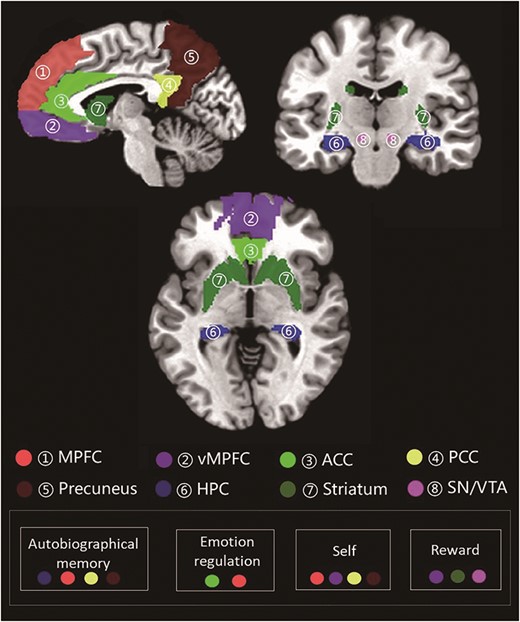Presence & Nostalgia (Paradox Pair #52)
In our world full of infinite games, making time to be contemplative can seem like an unwelcome luxury, yet nostalgia creates positive benefits.

The Portuguese word saudade (/souˈdädə/) has no direct English translation. It conveys a sense of melancholy for something that may not have happened. It can mean the presence of absence. Clearly a paradox to explore.
Saudade: "a pleasure you suffer, an ailment you enjoy." -Manuel de Melo
In English we get a hint at saudade when we experience bittersweetness, wistfulness, or nostalgia. These words aren't perfect synonyms for each other. Nostalgia tends to be more sweet than bitter. Wistfulness carries an undercurrent of regret. Bittersweet combines pleasure with sadness. In our world full of infinite games, making time to be contemplative in these ways can seem like an unwelcome luxury, a distraction from the current work we must do.
There are good reasons to foster nostalgia, however. Nostalgia tends to be highly personal, evocative, and predominantly positive. Nostalgia engages several different regions of the brain that are responsible for self-reflection, autobiographical memory, emotion regulation, and reward processing. Both self-esteem and self-positivity increase after reliving nostalgic memories. Nostalgia counteracts psychological threats and reduces defensive responses.
This type of reflection creates a healthy feedback loop where the positive reinforcement of nostalgia re-encodes the experience in the brain, further improving the positive feelings of the initial source. The process releases dopamine, which strengthens memories and makes them easier to recall in the future. We note that this loop can cause events to appear more positive over time, giving support to the overused phrase "time heals all wounds".
Tapping into the psychological benefits of nostalgia, et al., can work to recharge our creative energy, boost our self confidence, and draw strength from the personal experiences that we contemplate.
Further Reading

The Paradox Pairs series is an exploration of the contradictory forces that surround us. A deeper study finds that these forces often complement each other if we can learn to tap into the strength of each. See the entire series by using the Paradox Pairs Index.





